Female Climber Series: Relative Energy Deficiency in Sport
“Your period is a marker of health” – now a well know phrase, in part thanks to conversations around Relative Energy Deficiency in Sport (or RED-S) and energy availability in climbing. But what do we mean by this? If we have a period does that automatically make us healthy climbers?
What is Relative Energy Deficiency in Sport?
Relative Energy Deficiency in Sport or RED-S describes the state of low energy availability. We can find ourselves with RED-S if our energy intake does not balance our energy expenditure. We may think that energy expenditure equals exercise (in our case climbing). However there are a number of processes that our bodies do that require energy. If we have low energy availability, our bodies downregulate sex hormone production to prioritise energy for movement. Given that our sex hormones control our menstrual cycle, this can result in periods becoming irregular or stopping. A doctor should always be consulted to rule out medical conditions. However, this can also be a red flag when it comes to overtraining or under fuelling. Therefore periods have been termed a “marker of health”. A deviation from a normal cycle can be seen as an indicator of stress on the body.
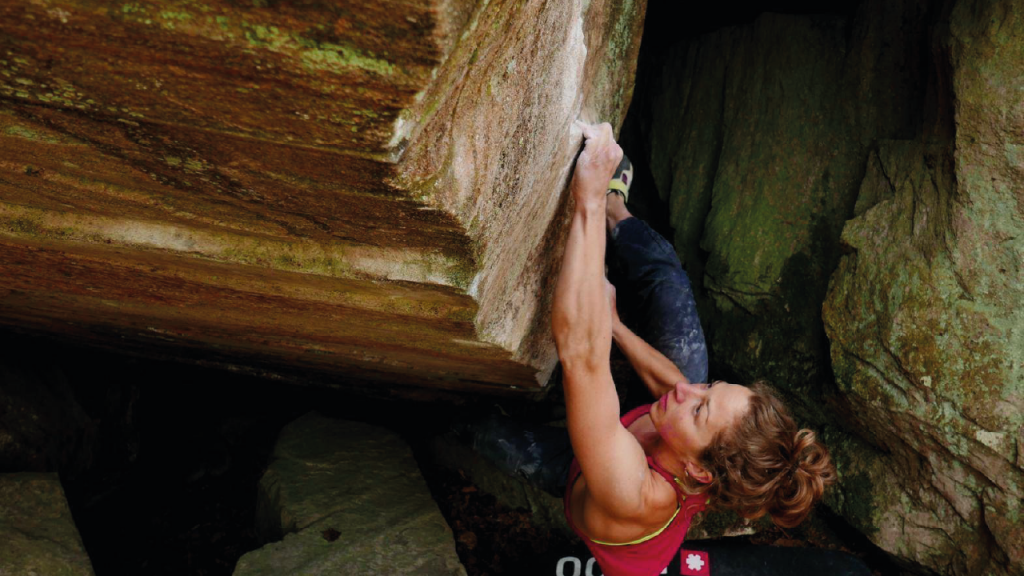
Is your period the only thing you should be thinking about?
Education around the link between a healthy menstrual cycle & healthy climber is really positive. But we don’t want to forget the whole picture. For example, there are lots of athletes (mainly from the world of running) sharing their stories who have had multiple stress fractures before experiencing a change in their period.
A period does not necessarily equal a healthy athlete. What should we be aware of when considering our energy availability?
- Our periods are one part of a big picture
- Other indicators are useful, e.g; repeated injuries, poor response to strength training, reduced concentration/mood/motivation, repeated illness.
- Some hormonal contraceptives can disrupt our hormonal cycle & may mask menstrual dysfunction.
- RED-S should be assessed by a medical professional. However there is always a spectrum before getting to this point. This is where awareness can help keep us on the right track when it comes to balancing health & performance. E.g. if we notice acute variations in our cycle we can try reducing training, introducing frequent rest weeks, or fuelling a bit more.
Read more articles from our Female Climber Series over at the Lattice Training Blog.
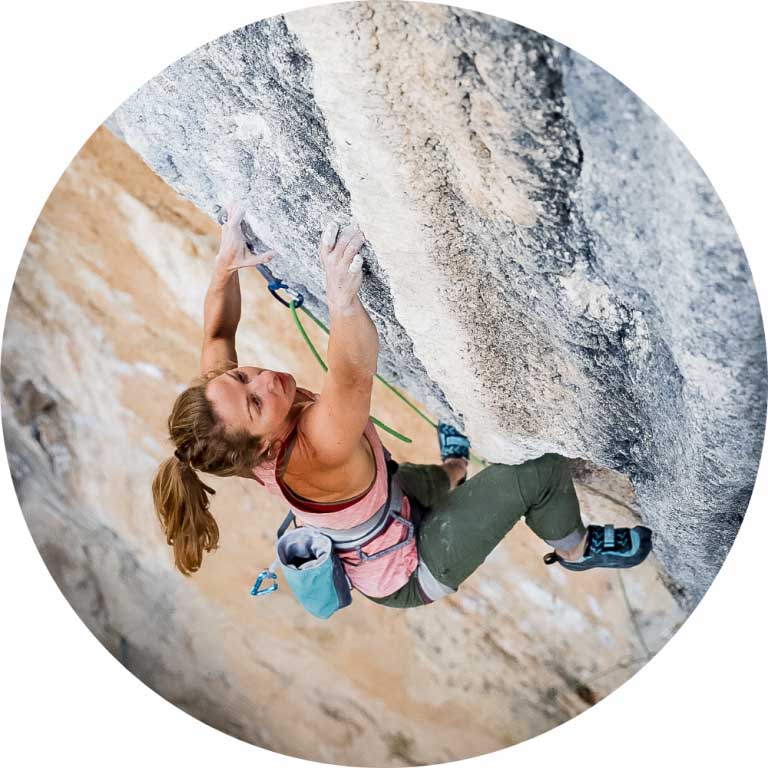


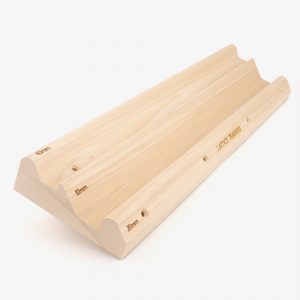
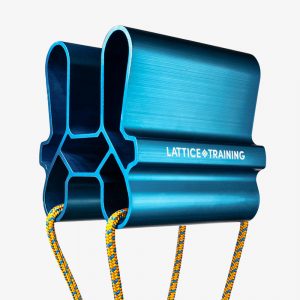
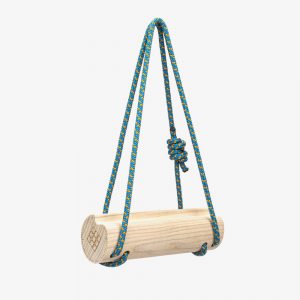

You can climb in Toudra gorge in Morocco.